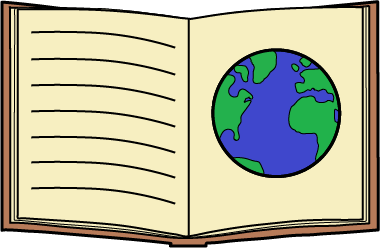 It got so bad that the waiters cleared the White House by putting tubs of punch out on the lawn and then locking the doors.
It got so bad that the waiters cleared the White House by putting tubs of punch out on the lawn and then locking the doors. 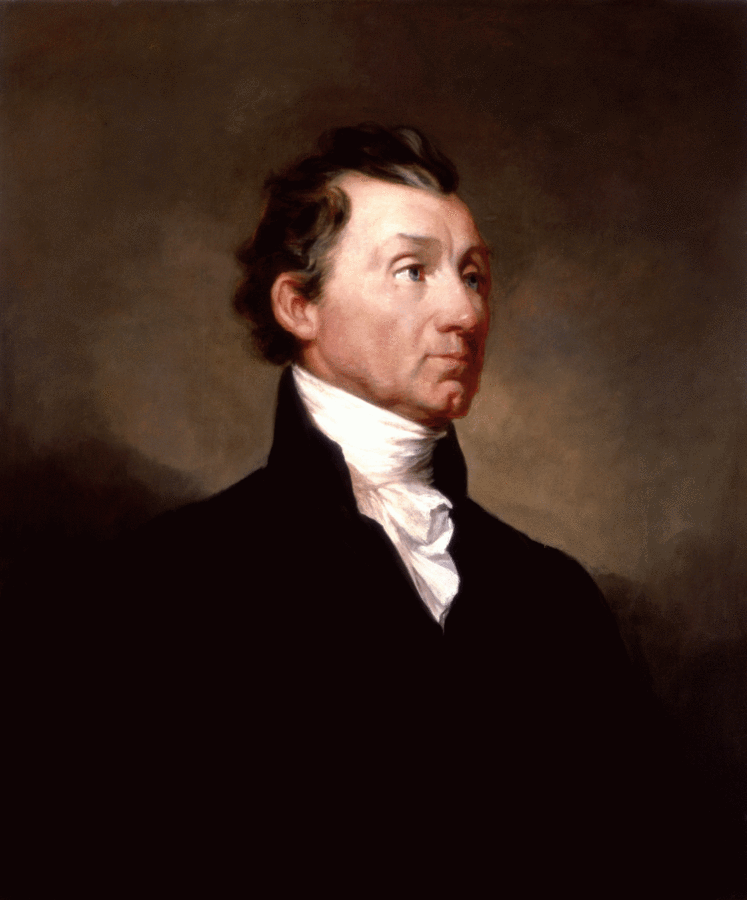
James Monroe was the last of the Founding Fathers to become a President of the United States. He fought in the Revolutionary War, was a representative to the Virginia Ratification Convention, was a U.S. Senator, and a Minister to France. He was the last President to wear the cocked hat, knee breeches, the cockade, and a sword.
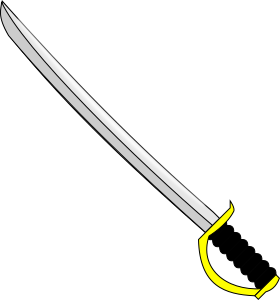
Thomas Jefferson said that "Monroe was so honest that if you turned his soul inside out there would not be a spot on it."

The Monroe Doctrine was introduced during James Monroe's presidency. It said that countries should leave the Americas alone, to stop trying to control them.
While receiving guests in the White House, his daughter Eliza would often act as hostess at Monroe's side. Monroe's wife often was not feeling well when he was President.
James Monroe studied law under Thomas Jefferson when Jefferson was the governor of Virginia. He later practiced law in Fredericksburg, Virginia.
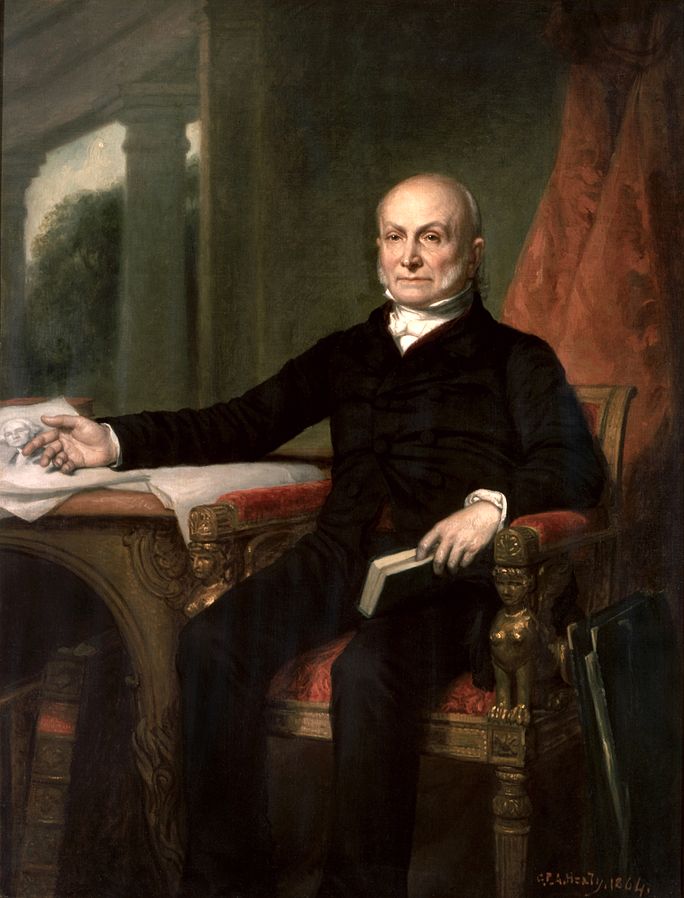
While president John Quincy Adams would rise an hour or two before dawn and walk, ride, or even swim. He was an excellent swimmer. One morning he went for a swim, in the Potomac River. (He swam in the buff. This means without any clothes.) When he came back to get his clothes and to dry off, they were gone. They had been stolen. He had to ask a passing boy to run to the White House and get him other clothes.
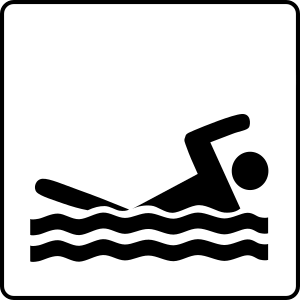
Another time when he went for a swim, a newspaper woman followed him and sat on his clothes until he came back. The woman, Anne Royall, had been trying to get an interview with him for some time. When he returned for his clothes she was waiting and told him she would not leave until he let her have an interview. All this took place while he was up to his chin in water. She got the interview and then he got his clothes.

Adams was smart, he was excited to serve, and had much experience. He became known as 'Old Man Eloquence.' Even his enemies admired his courage and integrity.

Adams ran for re-election but did not win. Later though, he was asked to run as a Representative to Congress. He did and was elected. He served for 17 years and said, "No person could be degraded by serving the people as a Representative to Congress." He worked harder than just about any other Representative.
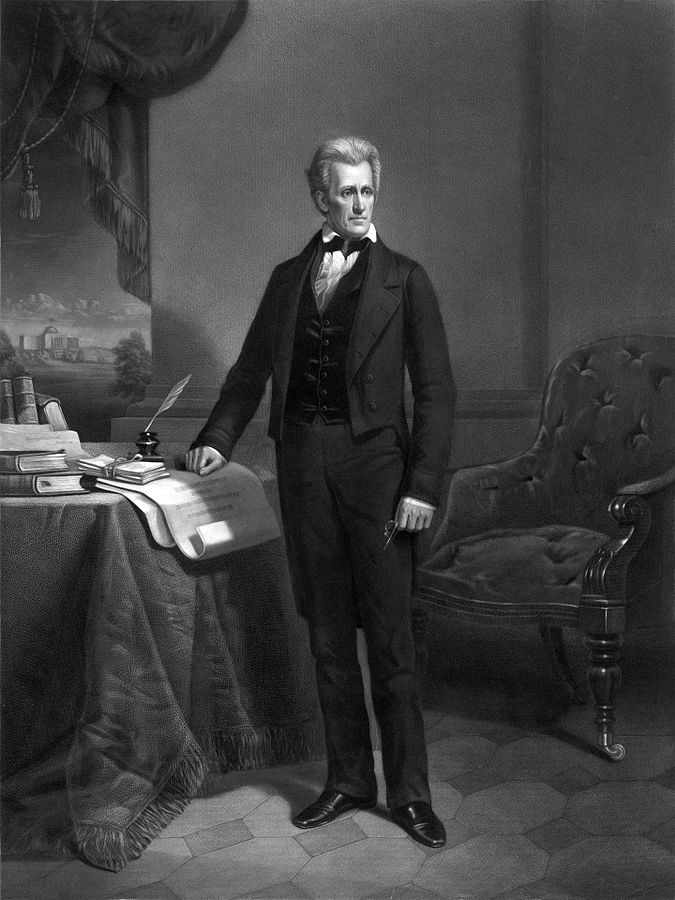
Andrew Jackson was the champion of the common man, especially those from the South and the West. At his first Inaugural party many common folks attended. That night at the White House, things were getting wild. The visitors were enjoying themselves too much.
 It got so bad that the waiters cleared the White House by putting tubs of punch out on the lawn and then locking the doors.
It got so bad that the waiters cleared the White House by putting tubs of punch out on the lawn and then locking the doors.
One time when he was a boy Jackson's mother told him to stop crying about something. She told him that girls were made to cry and not boys. She taught him to stand up and fight for himself.
They called him 'Old Hickory.' When Jackson came to the White House he was not a poor man but a wealthy planter from Tennessee. But, he had known hard times.
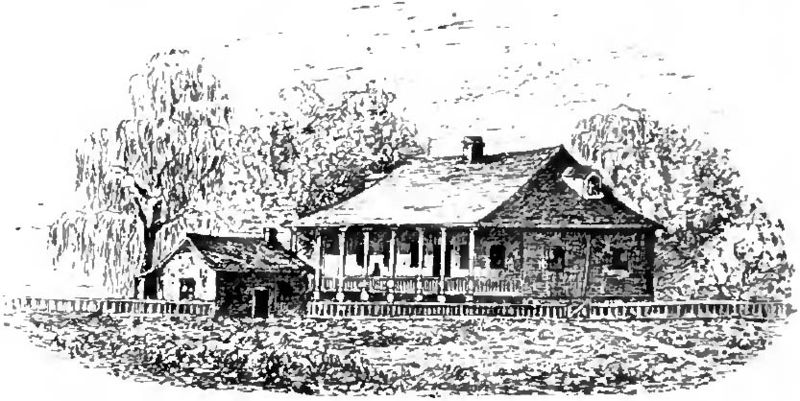 He was born into poverty in a log cabin on the Carolina frontier and became an orphan at an early age. So, someone born poor could become President. Andrew Jackson went on to do many things. He was a storekeeper, and Indian fighter, a frontier lawyer, and a military commander. Perhaps he was best known for his role in defeating the British at the Battle of New Orleans.
He was born into poverty in a log cabin on the Carolina frontier and became an orphan at an early age. So, someone born poor could become President. Andrew Jackson went on to do many things. He was a storekeeper, and Indian fighter, a frontier lawyer, and a military commander. Perhaps he was best known for his role in defeating the British at the Battle of New Orleans.
Jackson was not afraid to fight for himself, and he did a number of times.
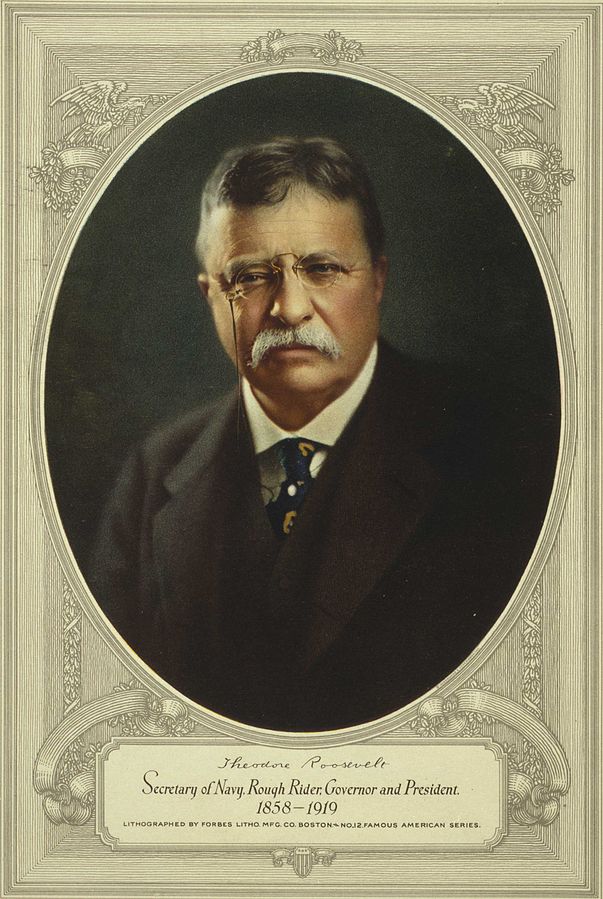
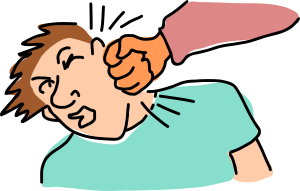
One time after a day of searching for lost horses, Mr. Roosevelt was confronted by a bully in a lobby/bar. The bully, with pistols cocked and ready, told 'Old Four Eyes' that he was going to buy everyone drinks. After demanding this several times Roosevelt stood as though he were going forward to pay for all of the drinks. Then quick as a wink Roosevelt delivered a right punch, then a left, and then another right to the barroom tough guy. The man was down and out. The next day the barroom bully left town.
Roosevelt went many places and did many things in his life. He climbed the Matterhorn Mountain. He hunted in Africa and explored in Brazil. He was Governor of New York. He was awarded the Nobel Peace Prize. He was a cowboy, and fought in the Spanish- American War.
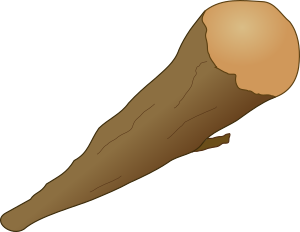
President Roosevelt felt that any action in government should be taken for the good of the people as long as it did not go against the Constitution. He did however greatly expand the use of executive power.
He promoted greater influence around the world. He used the motto: 'Speak softly and carry a big stick.'
Theodore Roosevelt was born to a wealthy New York family in 1858 and was perhaps the most active President we ever had. However as a boy, he was small and weak. At one point his father talked to him about getting stronger. He started working out and did it for the rest of this life.
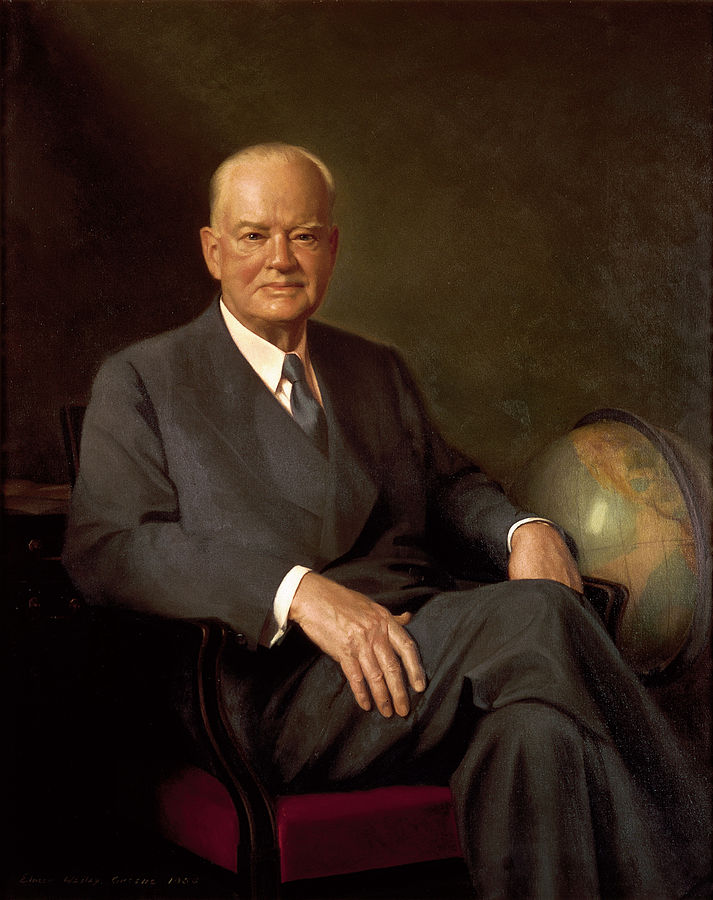

Hoover helped feed millions that were hungry in Europe and Russia after World War I. People complained that he was feeding the former enemy. He said, "Twenty million people are starving. Whatever their politics, they shall be fed."
Herbert Hoover was also a great engineer who had the vision and persistence to get Hoover Dam started and put into place.
When the United States fell on hard times during the Great Depression, Hoover asked for certain programs. But Congress had its own ideas and plans. Hoover tried to help people from being cold and hungry,
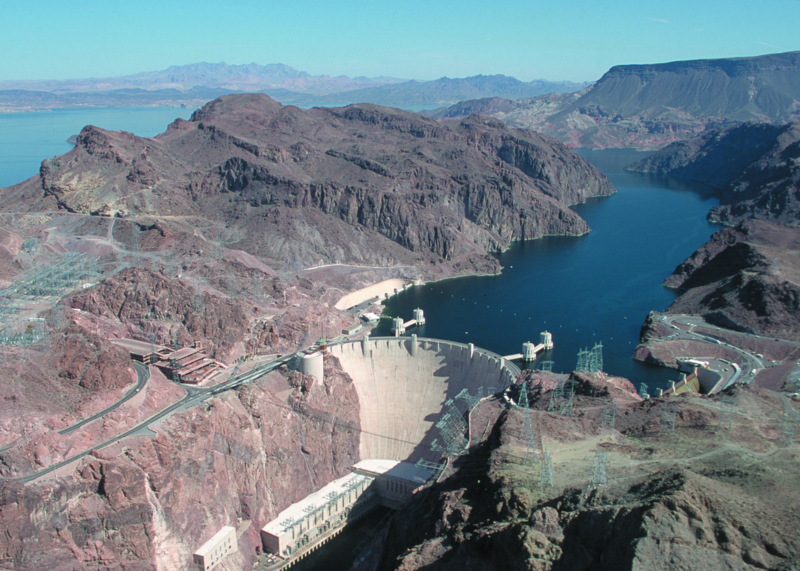 but he felt that the main responsibility for helping those in need should come from local and voluntary groups. He was often blamed for the Depression.
but he felt that the main responsibility for helping those in need should come from local and voluntary groups. He was often blamed for the Depression.
One story was told about Hoover asking his Secretary of the Treasury to lend him a nickel so he could call a friend. They were walking somewhere and he found that he did not have any change. The secretary said, "Here is a dime, call up both of them."
Hoover was not re-elected for a second term. But he kept on helping the country. Presidents after Hoover called on him to do important jobs. He was a great man and a great leader.
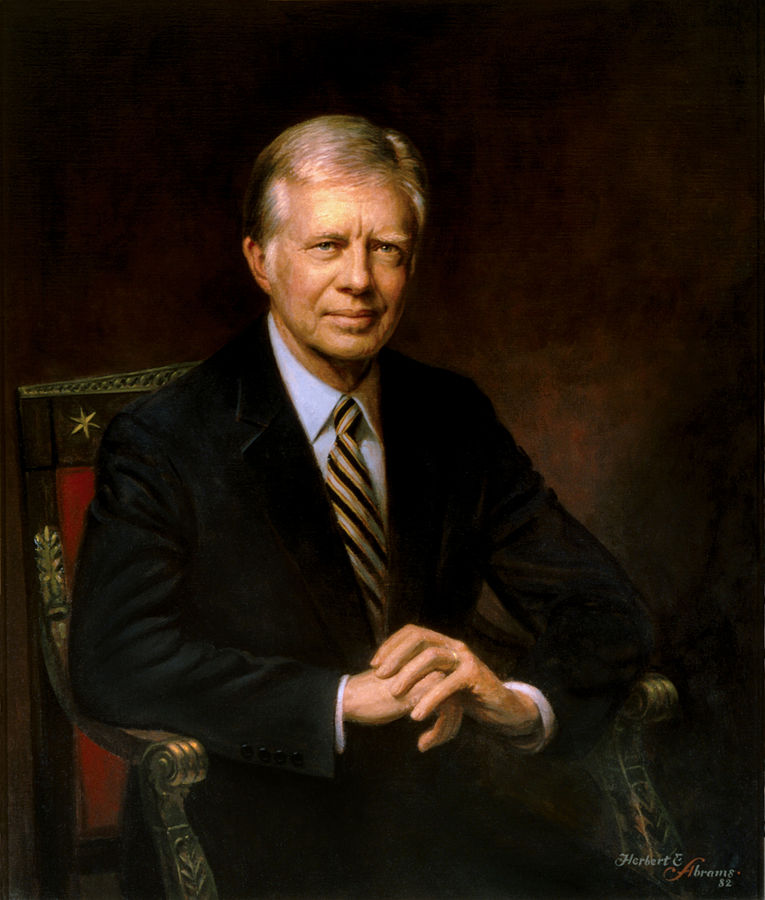
Carter once joked as he was leaving a polling booth in Plains, Georgia that he voted for Walter Mondale and his running mate, whoever that guy was. (He was the running mate.)
Jimmy Carter wanted to make government competent and compassionate. This means he wanted it to have the ability, knowledge, and skill along with a sense of caring.
Some important things Carter did: He served as the Governor of Georgia. He received the Nobel Peace Prize for finding peaceful solutions for world problems; and he taught Sunday School even when he served in office.
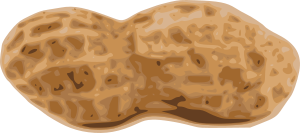
Carter came from a family that had a peanut farm in Plains, Georgia. He was born on October 1, 1924. Through his life he was willing to help with the
 chores. He even did this after he was married, this included household chores. He helped with dishes, cooking, ironing shirts, and even more.
chores. He even did this after he was married, this included household chores. He helped with dishes, cooking, ironing shirts, and even more.
As a boy, Carter dreamed of attending the Naval Academy. He got his dream and served as an officer there for seven years. From his experience at the Academy he learned to do his best at all you do. He used this idea the rest of his life.
